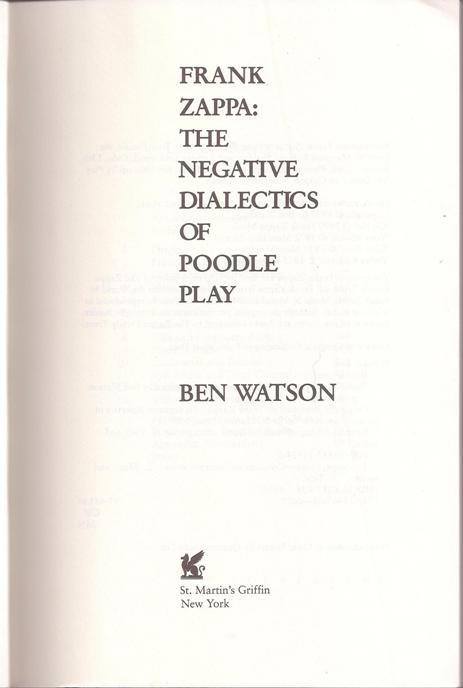

In an essay entitled "The Actuality of Philosophy," Adorno (2000) argues that difference gets erased through the ways that we come to know the world. Though the scattering of references to the body in Adorno's writing do not form a unified theory of embodiment, he repeatedly brings the body into his analysis, insofar as he assumes that any resistance to the sufferings imposed by forms of capitalist domination will necessarily be embodied. Instead of starting with the body, Adorno approaches embodiment through negative dialectics and constellations in order to avoid presenting the simplified body with which identity logic provides us. Because struggle and resistance are necessarily embodied, and because embodiment is limited by identity thinking, Adorno's attempt to think around and outside identity logic is important and timely for disability studies and feminist philosophers of disability. 1 Throughout his work, Adorno makes clear that the ways in which identity thinking erases contradiction, antagonism, and difference aids and abets capitalism, all of which effects have implications for the ways in which it is possible to be embodied and experience the world with others. Rather than absent the body, Adorno's approach attempts to evade the homogenizing drive of identity logic that tries to simplify complexity and falsely categorize the world. One finds only scattered references to the body in Adorno's work. The Wrong State of Things: Identity Thinking and Negative Dialectics I argue that the transfigured crip to come is central to this fight against "the wrong state of things." Adorno's negative dialectic, in relation to the disabled body, indicates the ways in which sensuous critical thought is required to overcome "the wrong state of things" (Adorno 1973, 11): the sufferings associated with capitalist domination. Cripping disability undoes disability and forces us to confront its remainder, namely, that which is always left out of its own conception. To "crip" disability is to both destabilize it as a concept and open up desire for what it disrupts (Fritsch, 2012).

By mobilizing Adorno's negative dialectic, I crip the concept of disability itself. In this paper, rather than argue for the importance of returning to Adorno's thought-and thus a return to the Frankfurt School and critical theory of the 1940s-1960s-I place Adorno's thought in constellation with feminist philosophy of disability to hold in tension the violence that capitalism wreaks upon bodies and the significance of the embodied experience of disability. The sensuous body is central to Adorno's work and to his desire to alleviate the suffering that capitalism causes. In placing the body, philosophy, and suffering in constellation, Adorno works through the ways in which meaning is made in modernity and posits the role of thinking negatively in moving towards a more just and equitable society. He argues that critical thought is needed to overthrow capitalism and eliminate the sufferings associated with its social and cultural order, including the violence that capitalism wreaks upon bodies. In mapping out the history of Western philosophy, Adorno shows the ways in which philosophy has aided and abetted capitalist relations of production that dominate society. In fact, for Adorno, critical theorizing is needed precisely to address why suffering persists in our world, despite the technological and scientific potential to mitigate or eliminate much of this suffering. It is in virtue of the fact that Adorno takes up these bodies as they struggle against suffering that he should be regarded as an engaging thinker for feminist philosophers of disability and other disability scholars. And yet, however bleakly Adorno's work may be characterized, we do find sensuous and affective bodies, hoping, desiring, and struggling against suffering in his work on negative dialectics, critiques of capitalism, and enlightenment thinking. Adorno's work is routinely characterized as dry, hyper-intellectual, and dense, seemingly leaving no opening to consider the body that leaks, desires, rages, and loves.

Theodor Adorno is rarely taken up as a philosopher of the body within feminist philosophy, much less within disability studies.


 0 kommentar(er)
0 kommentar(er)
